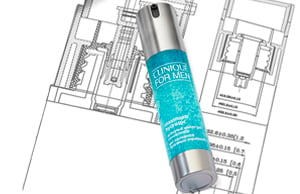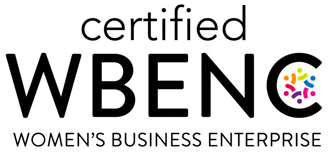In today's eco-conscious world, the skincare industry faces increasing pressure to adopt sustainable packaging solutions. Two prominent options are recyclable and reusable packaging. Each has its advantages and drawbacks, impacting both the environment and consumer convenience. Let's dive into a comparison of these two packaging types to determine which might be the better choice for skincare products.
 Recyclable Packaging
Recyclable Packaging
Pros:
1. Environmental Impact:
-
Reduced Waste: Recyclable packaging can be processed and converted into new products, reducing the amount of waste sent to landfills.
-
Resource Efficiency: Recycling conserves natural resources by reusing materials like glass, plastic, and metal.
-
Lower Carbon Footprint: Producing packaging from recycled materials typically requires less energy than creating new materials, leading to a lower carbon footprint.
2. Consumer Convenience:
-
Ease of Disposal: Many consumers have access to curbside recycling programs, making it easy to dispose of recyclable packaging.
-
Awareness and Acceptance: Consumers are increasingly aware of recycling practices and are more likely to participate in them.
Cons:
1. Recycling Challenges:
-
Contamination: Recyclable packaging can be contaminated with product residue, making it difficult to process.
-
Recycling Infrastructure: Not all areas have robust recycling facilities, which can limit the effectiveness of recyclable packaging.
2. Material Limitations:
-
Quality Degradation: Some materials, like plastics, can degrade in quality with each recycling cycle, eventually becoming unusable.
-
Complexity: Packaging made from multiple materials can be difficult to recycle unless properly separated.
Reusable Packaging
Pros:
1. Environmental Impact:
-
Waste Reduction: Reusable packaging can significantly reduce waste by eliminating the need for single-use containers.
-
Durability: Made to withstand multiple uses, reusable packaging often has a longer lifespan, reducing the frequency of replacement.
2. Consumer Engagement:
-
Brand Loyalty: Offering reusable packaging can enhance brand loyalty, as consumers appreciate brands that prioritize sustainability.
-
Cost Savings: Over time, consumers can save money by refilling reusable containers rather than buying new products.
Cons:
1. Consumer Convenience:
-
Upfront Cost: Reusable packaging usually costs more initially, which can deter some consumers.
-
Maintenance: Consumers must clean and maintain reusable containers, which can be seen as an inconvenience.
2. Logistical Challenges:
-
Refill Stations: The effectiveness of reusable packaging often depends on the availability of refill stations, which may not be widespread.
-
Transport and Storage: Reusable packaging tends to be bulkier and heavier, which can increase transportation and storage costs.
Which is Better?
The choice between recyclable and reusable packaging for skincare products largely depends on specific brand goals and consumer preferences.
-
For Brands: Companies with a strong focus on sustainability and long-term environmental impact might prefer reusable packaging. It demonstrates a commitment to reducing waste and can foster stronger consumer loyalty. However, brands must consider the logistical challenges and ensure they provide convenient refill options.
-
For Consumers: Those seeking convenience and ease of use might lean towards recyclable packaging. It aligns well with existing disposal habits and infrastructure. However, they must be mindful of properly cleaning and sorting recyclable materials to ensure effective recycling.
Balancing Both Approaches
Many skincare brands are finding success by incorporating both recyclable and reusable packaging into their product lines. Offering a mix allows them to cater to a broader range of consumer preferences and environmental goals. For example, a brand might use recyclable materials for its primary packaging while offering refillable options for its most popular products.
Ultimately, both recyclable and reusable packaging have their merits and can contribute to a more sustainable skincare industry. By understanding the pros and cons of each, brands can make informed decisions that align with their sustainability goals and meet consumer expectations.








